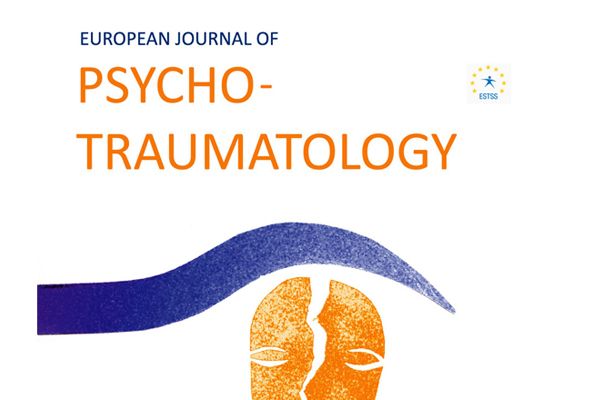26 februari 2020
European Journal of Psychotraumatology
Henriette E. van Heemstra, W. F. Scholte, J. F. G. Haagen & P. A. Boelen
https://doi.org/10.1080/20008198.2019.1673062
Objective: Due to traumatic experiences and highly prevalent post-migration stressors, refugees are vulnerable for developing psychopathology. To date, research has mainly evaluated trauma-focused therapies, targeting post traumatic stresss symptoms. Treatments targeting post-migration stressors are relatively understudied. The present cohort study evaluated the potential effectiveness of 7ROSES, a transdiagnostic intervention that aims to increase self-efficacy among treatment-seeking refugees in dealing with post-migration stressors. Because it can be applied by non-specialist health care workers, it can be disseminated on a large scale, thereby increasing options for psychosocial support for refugees.
Method: Forty-nine refugees (65% male, average age: 36.02 years, SD = 8.52) with psychopathology were included. Before and after participation in 7ROSES, self-efficacy was measured using the General Self-Efficacy Scale (GSES), and general psychopathology using the Brief Symptom Inventory (BSI).
Results: Completers analysis yielded a significant increase in GSES scores (Z = -2.16, p = .03) and significant decrease in BSI scores (Z = -2.05, p = .04) with medium-small effects (both r = -.28). Intent-to-treat analysis, using predictive mean matching imputation, yielded significant results for the GSES (p = .012) but not for the BSI (p = .14) with small effects (GSES r = .14, BSI r = .12). Reliable change indices established negative change in 3%, no change in 70%, and positive change in 27% based on the GSES; percentages were 11.5%, 65.5%, and 23%, respectively, based on the BSI.
Conclusion: Findings provide preliminary evidence that 7ROSES could improve self-efficacy and general mental health in refugees with psychopathology.
Keywords: Refugees, Post-migratory Stressors, Self-Efficacy, Transdiagnostic Intervention, General Mental Health.

Het European Journal of Psychotraumatology (EJPT) is een peer-reviewed, interdisciplinair wetenschappelijk tijdschrift dat deel uitmaakt van de European Society for Traumatic Stress Studies (ESTSS).
Het EJPT heeft als doel om wetenschappers, behandelaren en experts te betrekken bij de belangrijkste vraagstukken rond stress en trauma, waaronder individuele gebeurtenissen, herhaalde of chronische trauma's, grootschalige rampen en geweld.

